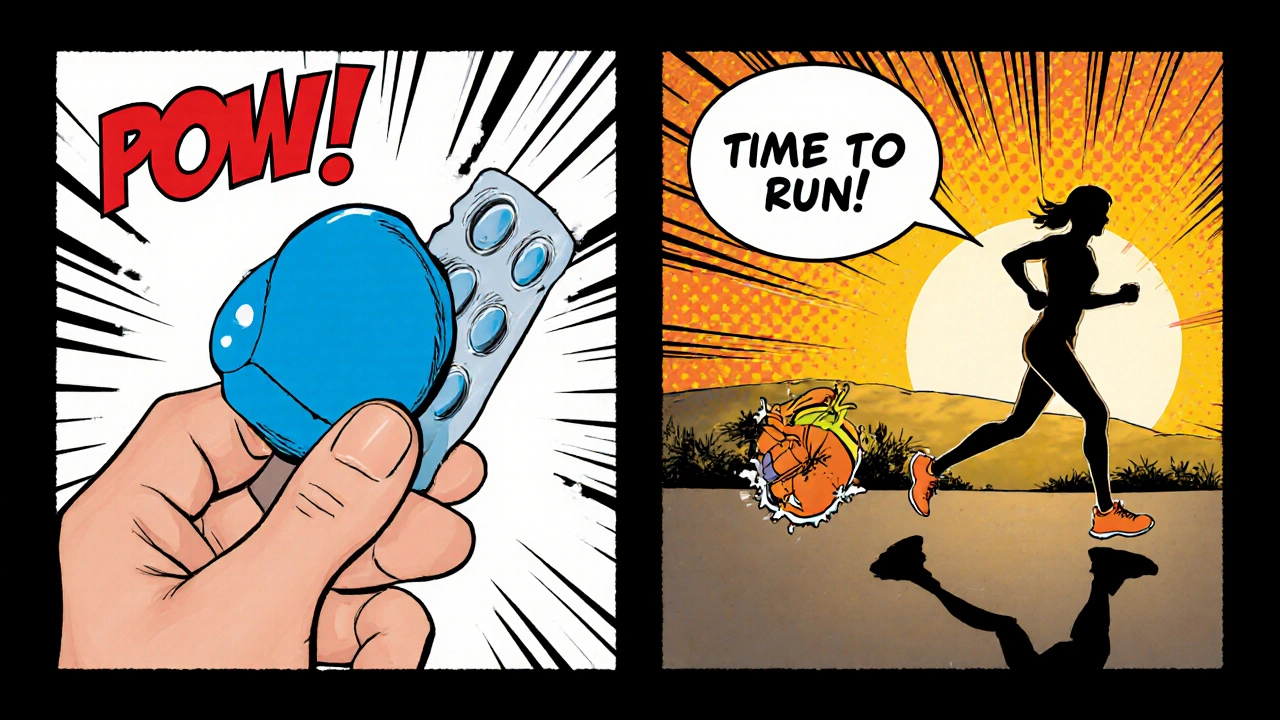Alcohol Recovery: What Works, What Doesn't, and How to Stay on Track
When someone stops drinking, their body goes through a process called alcohol recovery, the physical and psychological process of healing after stopping regular alcohol use. Also known as detox and rehabilitation, it’s not just about quitting—it’s about rebuilding your nervous system, your habits, and your sense of self. This isn’t a quick fix. It’s a slow, sometimes messy, but completely doable journey that millions have walked before you.
Many people think alcohol recovery starts and ends with stopping drinking. But that’s just the first step. The real work begins after the last drink. Your brain has been rewired by years of alcohol use. It craves the chemical rush, and without it, you might feel anxious, tired, or even physically sick. That’s where detox, the medically supervised process of clearing alcohol from the body while managing withdrawal symptoms comes in. Not everyone needs hospital-level care, but for heavy drinkers, unsupervised detox can be dangerous. Seizures, hallucinations, and heart issues aren’t rare during withdrawal—so knowing when to get help matters.
Then there’s relapse prevention, the set of strategies and supports designed to help people avoid returning to alcohol after stopping. This is where most people struggle. Triggers aren’t just bars or parties—they’re stress, loneliness, boredom, or even a familiar song. Recovery isn’t about avoiding all triggers—it’s about learning new ways to respond to them. Therapy, support groups, and sometimes medication can make a huge difference. You’re not weak if you slip. You’re human. What matters is what you do next.
And then there’s sobriety support, the network of people, tools, and routines that help someone maintain long-term abstinence from alcohol. This isn’t just AA. It’s friends who don’t drink, therapists who get it, apps that track progress, or even just a daily walk that replaces the evening drink. The people who stay sober long-term aren’t the ones with the strongest willpower—they’re the ones who built systems to carry them through the hard days.
What you’ll find in these articles isn’t theory. It’s real advice from people who’ve been there. You’ll see how antihistamines can mess with your recovery by making you drowsy (and more likely to reach for alcohol). You’ll learn how to tell the difference between a side effect and an allergic reaction when you start new meds during recovery. You’ll find out why dehydration after drinking makes recovery harder—and how to fix it fast. There’s no magic pill, no secret trick. Just clear, practical steps that add up over time.

